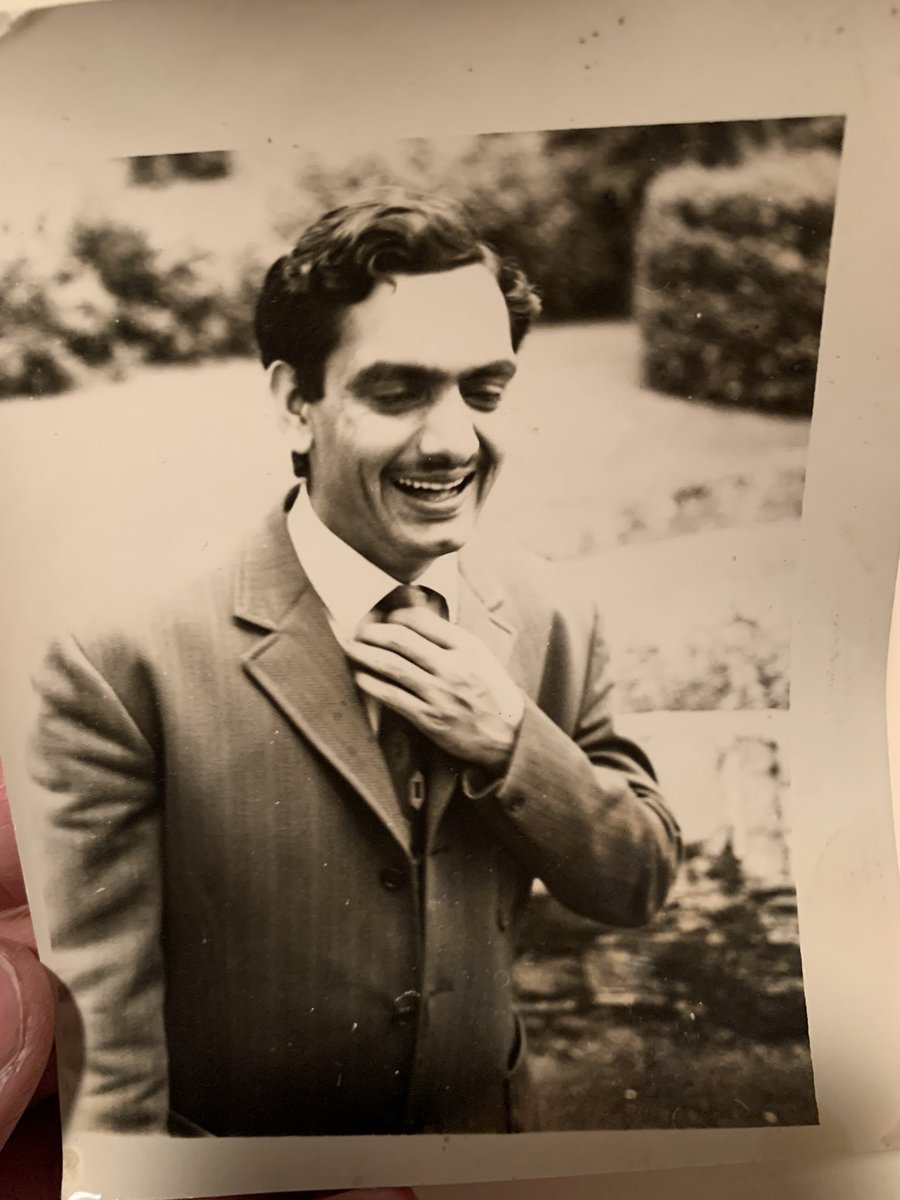
Cardiologist, NYT op-ed writer, TED speaker / NYT bestselling author of "Intern," "Doctored," "Heart," and "My Father's Brain," a New Yorker Best Book of 2023
How to get URL link on X (Twitter) App





 2/ For a few years now, dementia had taken his memory away. But he always said, “It’s not what you remember, but what others remember about you.” And so, allow me to share a few things I remember about him.
2/ For a few years now, dementia had taken his memory away. But he always said, “It’s not what you remember, but what others remember about you.” And so, allow me to share a few things I remember about him.